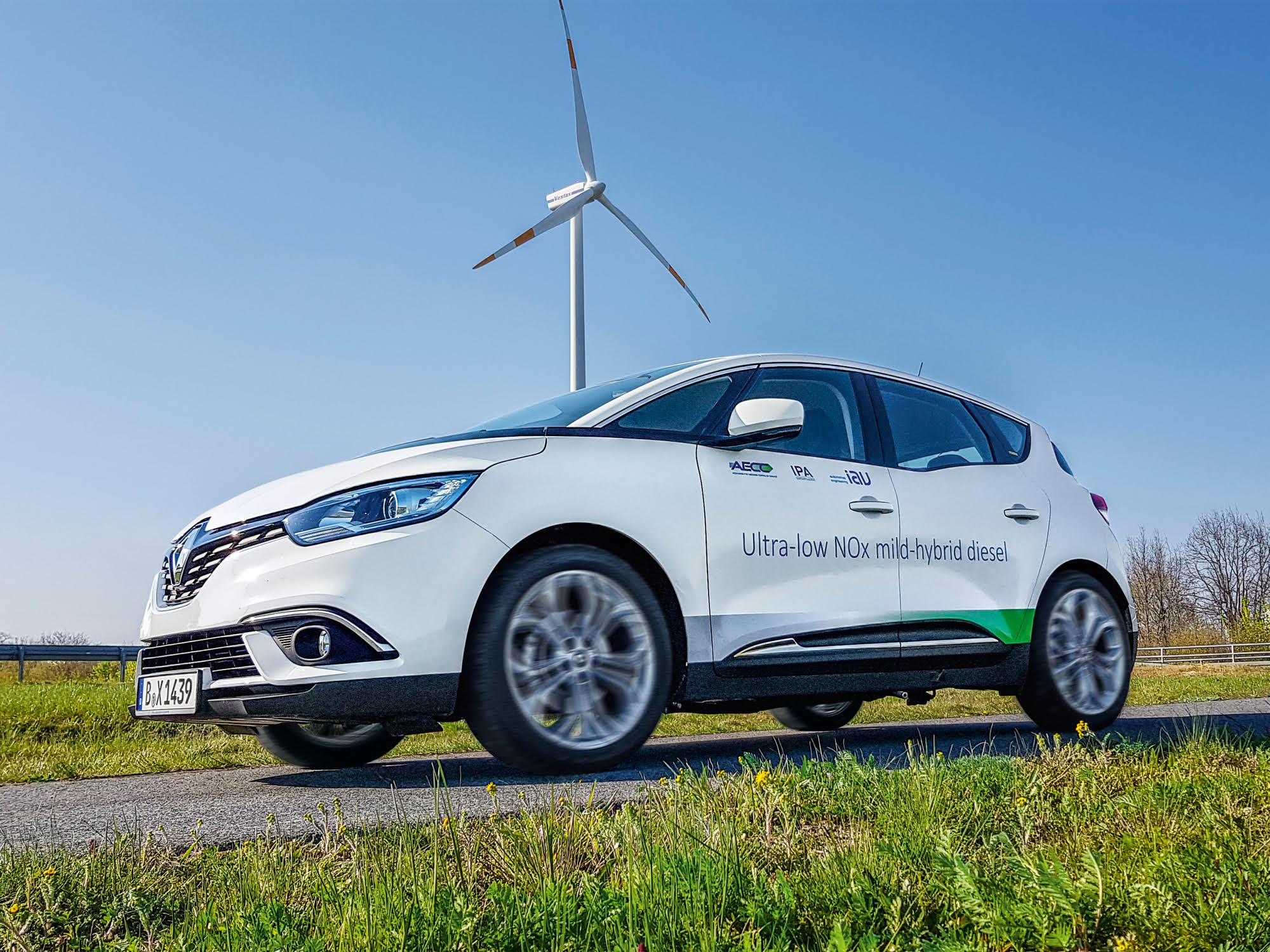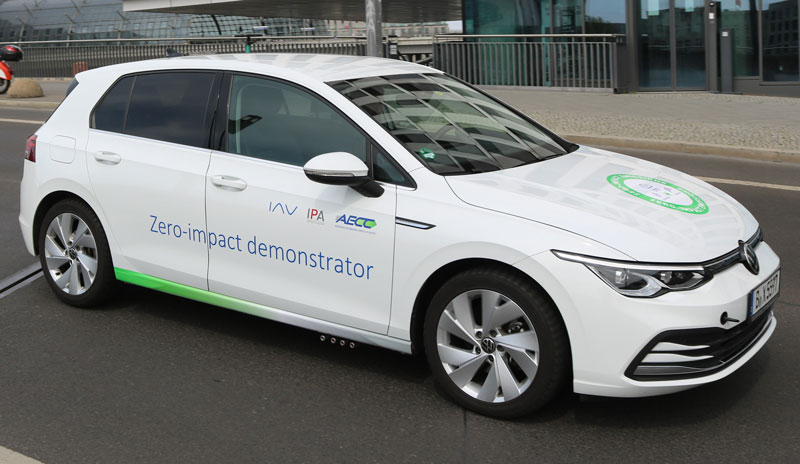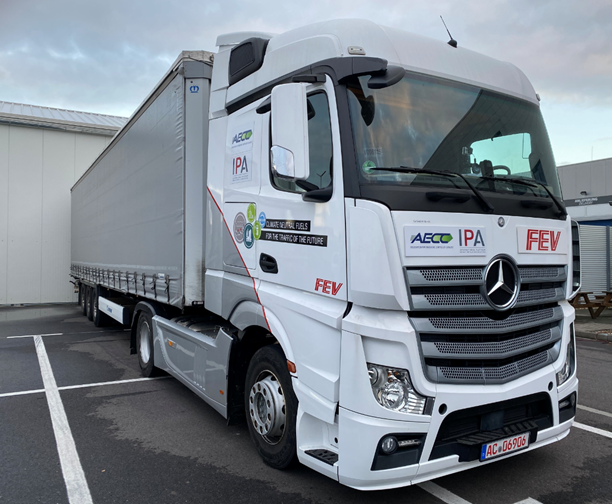CO2 reviews
Adoption of ‘Fit for 55’ package proposals
CO2 emission standards for cars and light commercial vehicles
On 19 April 2023, the European Parliament and the Council adopted Regulation (EU) 2023/851 amending Regulation (EU) 2019/631 to strengthen the CO2 emission performance standards for new passenger cars and new light commercial vehicles in line with the European Union’s increased climate ambition.
In particular, the amendment strengthens the emission targets applying from 2030 and sets a 100% reduction target for both cars and vans from 2035 onwards.
The adopted Regulation does not recognise ReFuels, which will be further considered in the 2026 review. An exception could be the approval of vehicles running exclusively on CO2-neutral fuels, for which the Technical Committee for Motor Vehicles (TCMV) is considering a proposal from the European Commission.
CO2 emission standards for heavy-duty vehicles
In 2023, the Commission proposed a revision of the Regulation on CO2 emission standards for heavy-duty vehicles. The proposal introduced new, stronger CO2 emission standards for heavy-duty vehicles from 2030 onwards, and extends the scope of the Regulation to cover smaller trucks, city buses, long-distance buses and trailers.
On 18 January 2024, negotiators from the European Parliament and Council reached a provisional political agreement. The provisional agreement is now undergoing formal adoption by European Parliament and Council, before it can be published in the EU’s Official Journal and enter into force.
The Regulation does not recognise ReFuels, which will be further considered in the 2027 review.
Renewable Energy Directive
The Renewable Energy Directive EU/2018/2001 was revised in 2023. The amending Directive EU/2023/2413 entered into force on 20 November 2023. There will be an 18-month period to transpose most of the directive’s provisions into national law, with a shorter deadline of July 2024 for some provisions related to permitting for renewables.
It sets an overall renewable energy target of at least 42.5% binding at EU level by 2030 – but aiming for 45%. There are no targets yet beyond 2030.
AECC’s messages for the CO2 reviews
Clean and efficient hybrid vehicles with modern emission controls will continue to be an important part of the powertrain mix.
GHG accumulation is to be minimised to stay within the limited available GHG budget of the Paris Agreement. Existing road transport fleet should contribute to achieve the GHG reduction by using drop-in sustainable renewable fuels.
Following the adoption of several Fit for 55 package proposals, the target of sustainable renewable fuels is still not aligned with the overall European Green Deal ambition. Targets should be set beyond 2030 and these should be higher to enable the contribution of hybrids using sustainable renewable fuels.
AECC has shown in three demonstration programmes how emission control technologies achieve ultra-low pollutant emissions. These demonstrators have been tested with drop-in sustainable renewable fuels and substantial reduction in CO2 emissions have been achieved in an objective Well-to-Wheel assessment.
You can find more about each vehicle demonstration programme by accessing
Light-duty diesel

Light-duty gasoline

Heavy-duty diesel

You can find the sustainable renewable fuels testing on the light-duty diesel demo vehicle results here.
AECC has also published comments to the public consultation on CO2 emissions for cars and vans, as well as on the Renewable Energy Directive.